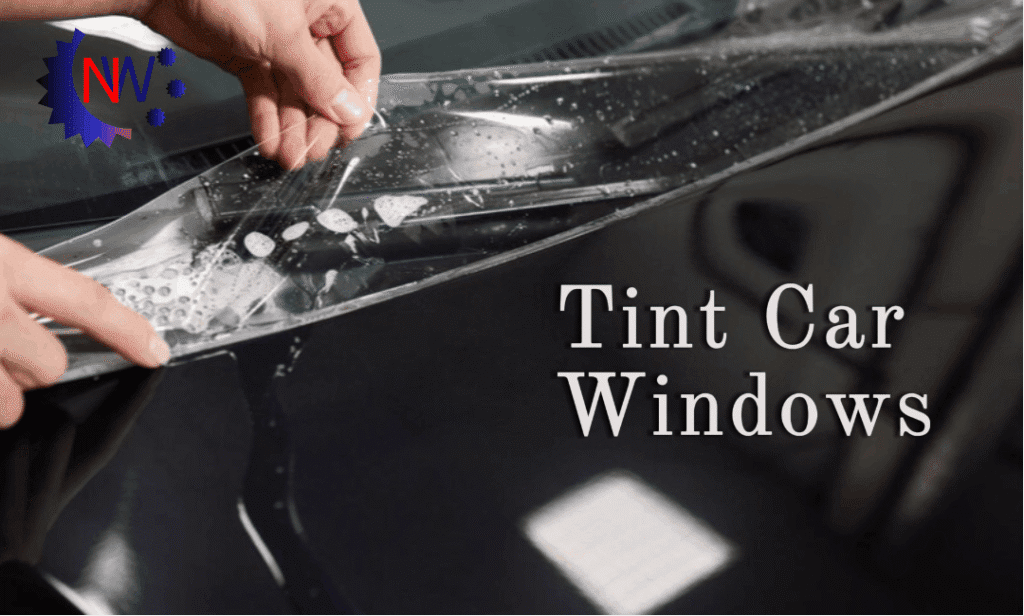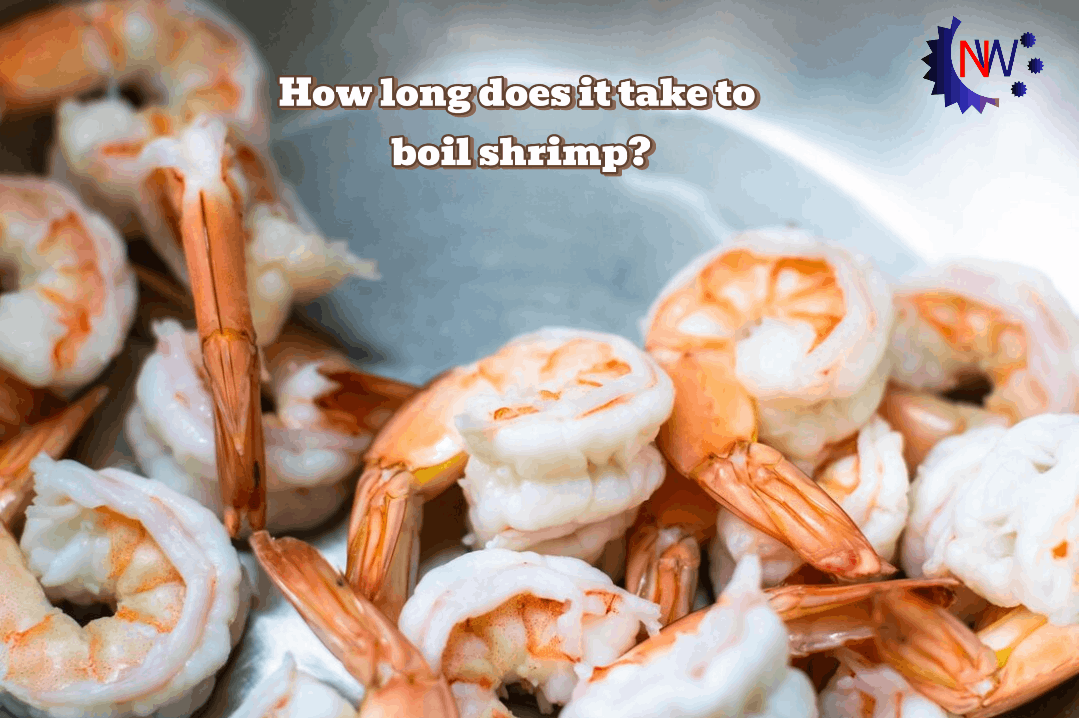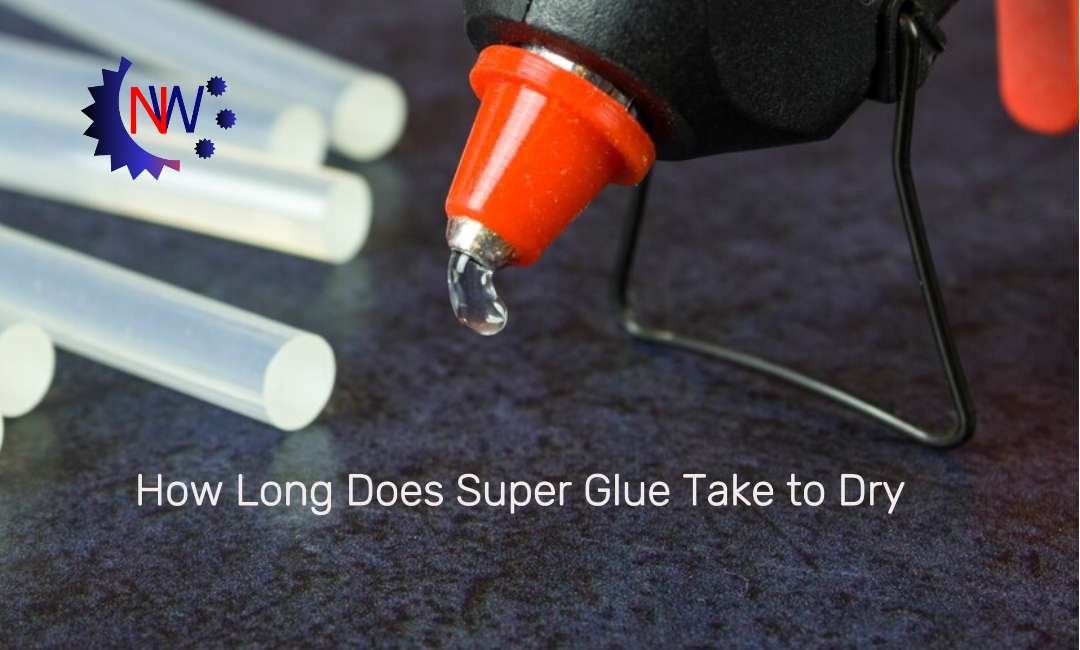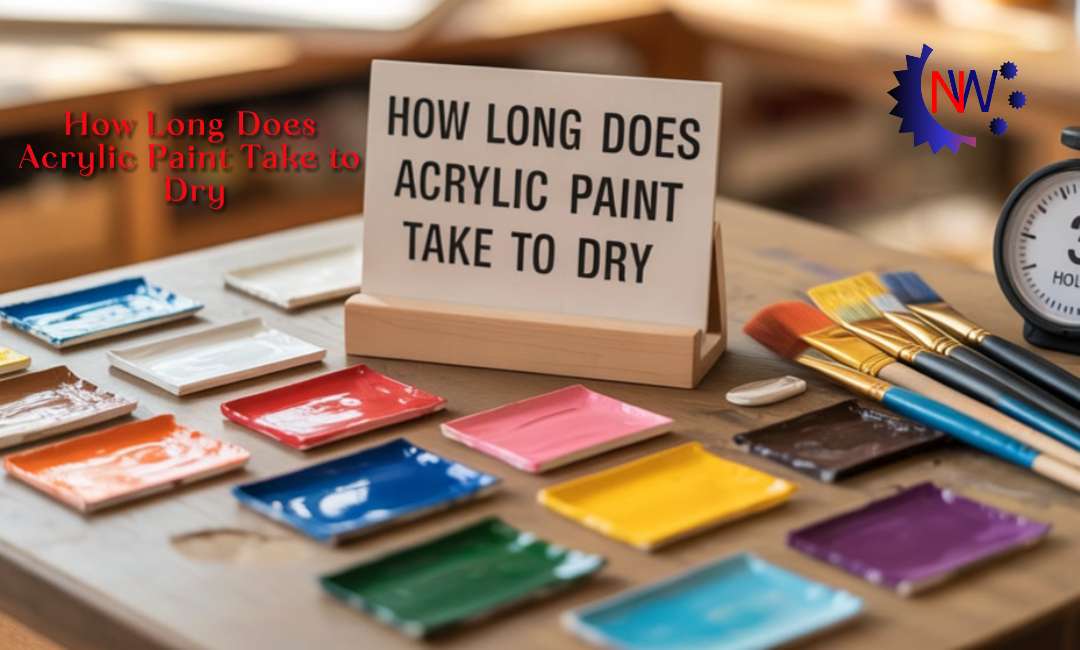How Much Does It Cost to Tint Car Windows? (2025 Guide)

Tinting your car windows is one of the most popular upgrades for vehicle owners today. Whether you’re looking for more privacy, protection from the sun’s harsh rays, or simply want to give your car a sleek, modern look, window tinting offers a range of benefits. But before you schedule an appointment or buy a DIY kit, it’s important to understand the costs involved and what factors can influence the final price. In this comprehensive 2025 guide, we’ll break down everything you need to know about car window tinting costs, from average prices and film types to legal considerations and tips for getting the best value.
What Is Car Window Tinting?
Car window tinting involves applying a thin, transparent film to the inside of your vehicle’s windows. This film can reduce glare, block harmful UV rays, increase privacy, and even help keep your car cooler during hot weather. There are several types of window tint films available, each with its own benefits, price points, and appearance.
Why Tint Your Car Windows?
Before diving into the costs, it’s helpful to understand why so many drivers choose to tint their windows:
- Privacy: Tinted windows make it harder for people to see inside your car, protecting your belongings and personal space.
- UV Protection: Quality window tints can block up to 99% of harmful UV rays, protecting your skin and your car’s interior from sun damage.
- Heat Reduction: Certain films can significantly reduce the amount of heat that enters your car, making it more comfortable and reducing the need for air conditioning.
- Glare Reduction: Tinted windows can cut down on glare from the sun and headlights, improving driving safety.
- Aesthetics: Many people simply like the look of tinted windows, which can give any vehicle a more stylish and modern appearance.
What Affects the Cost of Car Window Tinting?
The cost to tint your car windows can vary widely based on several key factors:
1. Type of Vehicle
- Sedans: Typically less expensive due to fewer and smaller windows.
- SUVs and Trucks: More windows and larger glass surfaces can increase the price.
- Coupes and Sports Cars: Unique window shapes or steep curves may require more labor and skill, raising the cost.
- Vans and Specialty Vehicles: Larger vehicles or those with more windows will generally cost more to tint.
2. Number of Windows
- Tinting all windows (including rear and side windows) will cost more than just tinting the front two windows.
- Some drivers choose to tint only the rear windows for privacy, which can lower the overall price.
3. Type of Tint Film
- Dyed Film: The most affordable option, but may fade over time and offer less heat reduction.
- Metalized Film: More durable and effective at blocking heat, but can interfere with electronic signals (like GPS or cell phones).
- Carbon Film: Offers better UV protection and heat reduction, with a matte finish that doesn’t fade.
- Ceramic Film: The highest quality and most expensive option, ceramic tints provide superior heat and UV blocking without interfering with electronics.
4. Brand and Quality of Tint
- Premium brands and higher-quality films cost more but often last longer, look better, and come with better warranties.
5. Professional Installation vs. DIY
- Professional Installation: Ensures a flawless finish, compliance with local laws, and often includes a warranty. Costs more upfront.
- DIY Kits: Cheaper, but can be difficult to apply without bubbles or creases. May not last as long or look as good.
6. Location
- Prices can vary depending on your city or state due to differences in labor rates, demand, and local regulations.
Average Cost to Tint Car Windows in 2025
Here’s a breakdown of what you can expect to pay for professional window tinting in 2025:
| Vehicle Type | Dyed Film | Carbon Film | Ceramic Film |
|---|---|---|---|
| Sedan (Full) | $150–$250 | $200–$350 | $400–$600 |
| SUV/Truck (Full) | $200–$350 | $250–$400 | $500–$800 |
| Coupe (Full) | $120–$200 | $180–$300 | $350–$500 |
| Single Windows | $50–$100 | $80–$150 | $120–$200 |
Note: These are average prices. Costs may be higher or lower depending on your location, the installer’s reputation, and the specific film you choose.
Additional Costs to Consider
- Removing Old Tint: If your car already has tint that needs to be removed, expect to pay an additional $50–$150, depending on the number of windows and the condition of the old film.
- Custom or Specialty Tints: Decorative, security, or UV-blocking films can add to the cost, especially if you want a unique color or pattern.
- Warranty or Aftercare: Some shops offer extended warranties or maintenance packages for an extra fee, which can be worth it for peace of mind.
DIY vs. Professional Window TintingDIY Window Tinting
- Cost: $50–$100 for a full car kit.
- Pros: Lower upfront cost, convenient for small jobs or single windows.
- Cons: Application can be tricky, with a higher risk of bubbles, creases, or peeling. DIY tints may not last as long or look as professional.
Professional Window Tinting
- Cost: $150–$800+ depending on vehicle and film type.
- Pros: High-quality finish, warranty, and compliance with local laws. Professionals have the tools and experience to ensure a flawless application.
- Cons: Higher upfront cost, but often worth it for the quality and durability.
Legal Considerations and Regulations
Every state and country has its own laws regarding how dark or reflective your window tint can be. These laws are measured by Visible Light Transmission (VLT%), which is the percentage of light that can pass through the window.

- Check Local Laws: Use resources like AAA’s Digest of Motor Laws or your state’s DMV website to find out what’s legal in your area.
- Penalties: Illegal tint can result in fines, failed inspections, and may require you to remove the film at your own expense.
- Windshield Tinting: Most states prohibit or strictly limit tinting on the windshield, except for a small strip at the top (the “eyebrow”).
Tip: Always ask your installer if the tint you choose complies with local regulations.
How to Choose the Right Window Tint for Your Car
Choosing the right tint involves more than just picking a shade. Here are some factors to consider:
- Privacy Needs: Darker tints offer more privacy but may not be legal on all windows.
- Heat and UV Protection: Ceramic and carbon films provide the best protection against heat and UV rays.
- Aesthetics: Consider how the tint will look on your car. Some films have a matte finish, while others are glossy.
- Installer Reputation: Read reviews, ask for recommendations, and check if the shop offers a warranty.
- Budget: Balance your needs with your budget. Sometimes, spending a little more upfront can save you money in the long run.
Questions to Ask Your Installer:
- What types of film do you offer?
- Is your work covered by a warranty?
- Will the tint comply with local laws?
- How long will the installation take?
- What aftercare is required?
Frequently Asked Questions
How long does window tinting take?
Most professional jobs take 2–4 hours, depending on the number of windows and the complexity of the job.
How long does window tint last?
Quality tints can last 5–10 years or more with proper care. Ceramic and carbon films tend to last the longest.
Can you wash your car after tinting?
It’s best to wait at least 3–5 days before washing your car to allow the film to fully cure.
Is window tinting worth the investment?
Yes! Tinting can protect your car’s interior, reduce heat, add privacy, and improve your driving experience.
Will window tint affect my visibility at night?
Darker tints can reduce visibility at night, especially on the rear window. Make sure to choose a legal and practical VLT% for your needs.
Can I tint my windows myself?
DIY kits are available, but professional installation is recommended for the best results and to ensure compliance with local laws.
Conclusion
Tinting your car windows is a smart investment for comfort, style, and protection. The cost can range from $150 to $800 or more, depending on your vehicle, the type of film, and the installer you choose. Always check your local laws, compare quotes from reputable shops, and consider the long-term benefits of higher-quality films.
Ready to get started?
Contact local tint shops for quotes, ask about their film options and warranties, and make sure your new tint will keep you cool, comfortable, and legal on the road.click here




